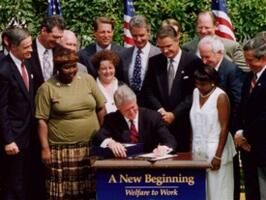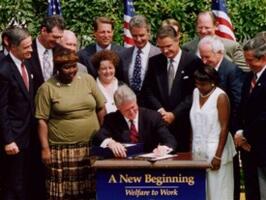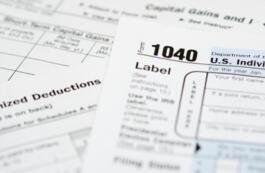Partisan Economics: Democrats Believe Economy Getting Better
Democrats have a much more optimistic view of the U.S. economy than either Republicans or unaffiliated adults.
Currently, just 36% of Democrats believe the economy is in poor shape, according to new Rasmussen Reports polling. Nearly twice as many Republicans (67%) offer such a pessimistic view. So do 54% of those not affiliated with either major party.
The national telephone survey of 3,500 American Adults was conducted by Rasmussen Reports July 14-20, 2012. The margin of sampling error for the survey is +/- 2 percentage points with a 95% level of confidence. Fieldwork for all Rasmussen Reports surveys is conducted by Pulse Opinion Research, LLC. See methodology.



















